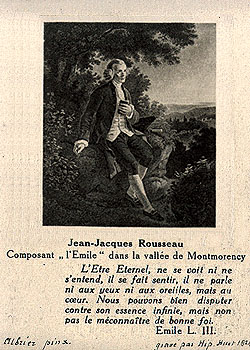 |
ORIENTATION The primary emphasis of the course will be focused on reading a broadly interdisciplinary collection of classic texts-- works of enduring significance that have shaped the development of Western culture. In this, an age of anthologies, abridgments, and multiple-choice testing, our appetites for pre-digested learning are voracious--we are less inclined to read the great works of our tradition than we are to read about them. This seminar, however, proceeds contrawise. In many respects, both the warrant for, and the intent of, the course were adumbrated by T.S. Eliot in 1919: Some one said: "The dead writers are remote from us because we know so much more than they did." Precisely, and they are that which we know. |